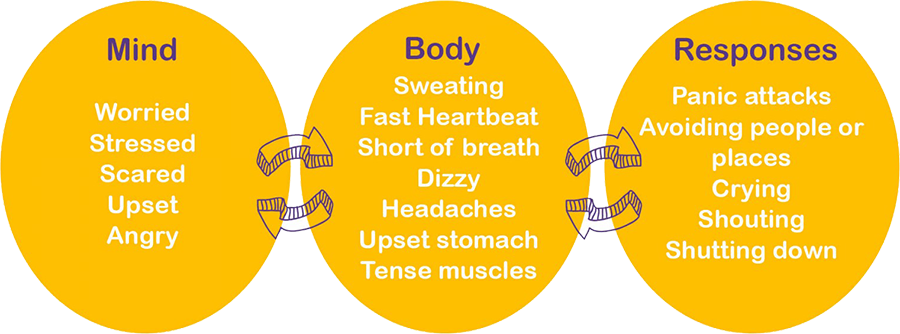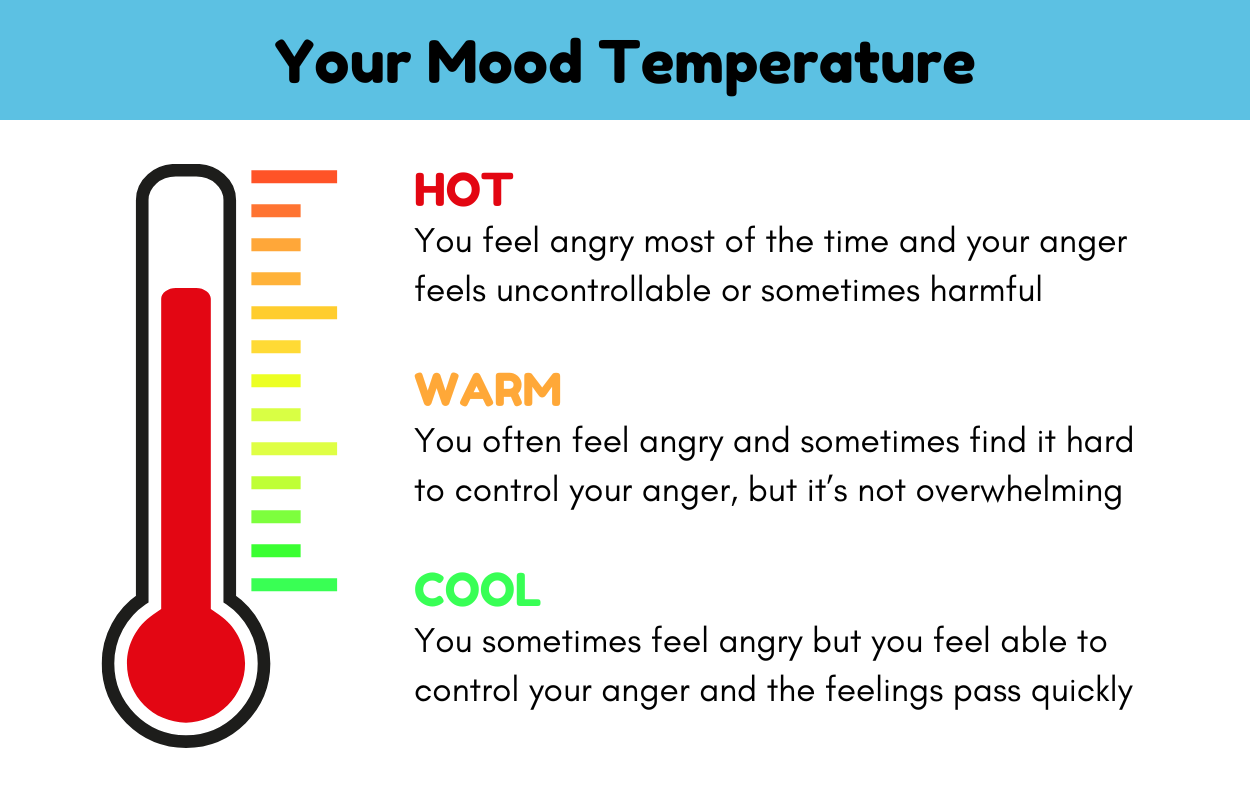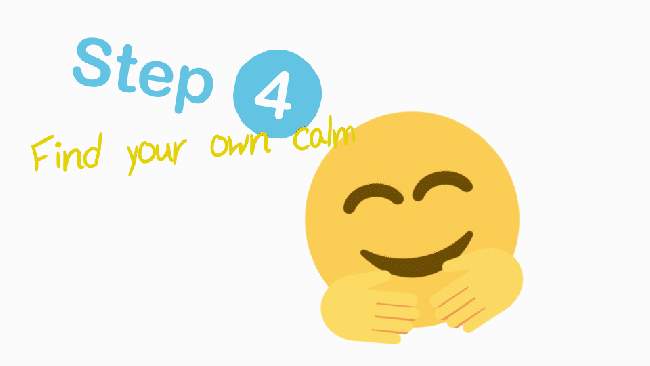I feel angry
What is anger?
Find out more about anger and why you might feel this way...


What is anger?
Anger is an emotion that everyone feels. It’s normal to feel angry from time to time and this can happen because of something that’s happened or the way we have been treated.
Sometimes feeling angry is a good thing. It can help to keep us safe, work out when something is not good for us or help us to change and grow. It can become a problem when it makes you or others around you feel bad or unsafe.
How can anger be expressed?
When we think of people being angry, we think of them shouting or throwing things; but anger doesn’t always look like this.
Sometimes if you’re feeling angry you might decide to do things that you normally wouldn’t. This could be being rude or unkind to people, spending time with people that may get you in to trouble or giving up things that you used to enjoy.
You might not know why you feel angry, it could be because of stress, a loss of control or something else that has happened in your past.
Understanding what your anger feels like can help you with managing it. Do any of the responses below happen to you when you might be angry?


Do I have a problem with anger?
Feeling some anger in response to a difficult or annoying situation is normal, but there are times where anger can become more of a problem and you may need some support to manage it.
Tick the boxes if any of the following apply to you:
Do I have something wrong with me?
Find out how others manage their anger and how you can help yourself.


How do I know if I'm angry?
We all experience feelings in different ways and there's no right or wrong way to be. Anger is something everyone experiences, and sometimes anger can be a helpful emotion!
If you're not sure how your anger is affecting your day-to-day life, scroll down for tips on how to identify your 'Mood Temperature'.

Struggling with anger can feel isolating, and can impact your mental health and everyday life. If you find yourself feeling ‘Hot’ or ‘Warm’ most of the time, there are things that can help. Scroll down to hear from other young people, find tips for managing your mood, and services that can offer support.
You are not alone...
Other young people have struggled with feeling angry too. Watch this video to hear some of their stories.
Scroll down for our self-prescription below to work out how you can be like them and manage your anger!

Try our self prescription below now.
Find help, tips and ideas.
How can I manage my anger?
We have put together a few useful resources on how to improve how you're feeling.


Step 1. Know your triggers
Sometimes it can be hard to work out what is making you angry. Try and keep a record (you can do this on your phone or on paper) of the times you have felt angry. Record the following:
- What happened before?
- How did you respond?
- What happened afterwards?
- How did you feel?
Knowing more about this will help you know which situations make you angry so that you can learn how to approach them or avoid them.
Step 2. Check your temperature
Think of a situation that has made you angry in the past. Use the temperature gauge to work out what was going on for you at each stage.
- What was happening in your body?
- What was happening in your mind?
- What were your actions?
Is there a stage where you could have calmed down and responded in a different way? Where is it on the temperature and what were you thinking and feeling?


Step 3. Think about your choices
Once you know more about the things that cause your anger and you found the stage where you might have been able to do things differently, you can start to think about what your other choices are.
When faced with your next angry situation you could:
- Chose to respond angrily,
- Recognise the situation before it happens and avoid it,
- Find a positive way to respond
Step 4. Find your calm
What do you enjoy doing and what do you do to relax? These activities could be something you do at any time or when you start to notice yourself feeling angry. For example-
- Going for a walk
- Listening to music
- Playing with a pet
- Doing some exercise
- Reading a book
- Doing exercise
- Spending time with people you love


Step 5. Ask for help
It’s good to talk but telling others that you’re struggling with anger can be a hard conversation to start.
Start by choosing someone you trust and starting the conversation in a place where you are comfortable and both have time to talk.
You could start by saying something like:
“I’ve noticed that I’ve been feeling angry lately and I think I might need some help with it.”
“How I’m feeling is really bothering me, can we chat about it?”
“Have you ever found it hard to control your anger? It’s something I’m struggling with at the moment.”
Talking to your GP can also help and they can point you in the direction fo professional support f that could help

Get Help
If you feel that your anger is getting in the way of your day to day life, it may be a good idea to get some help.
Click here to find mental health support services in your area


